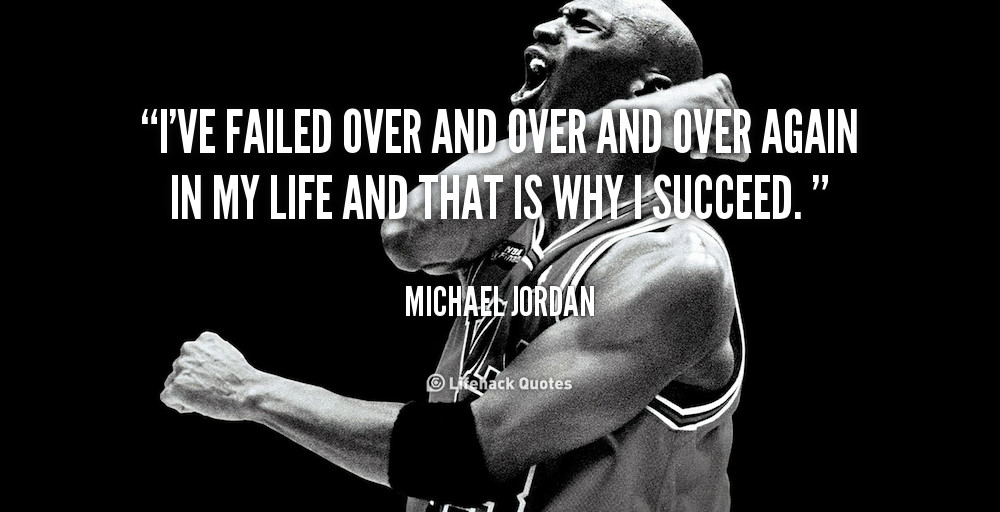
Dealing with failure, loss and other disappointments
By the time you read this, Dr Browning will have announced the names of the Student Leaders for 2022. As I indicated a few weeks ago, we were delighted that a large field of candidates – 48, in fact, – nominated for one of the twenty-six positions that were available. Now, you will realise those numbers meant that quite a few willing and able candidates weren’t successful with their applications. Anticipating that this was going to be the case, I spoke to the Year 11 cohort in a Flex session, on the topic of “Dealing with failure, loss and other disappointments”. I’d like to share some of those thoughts with you. How do we deal with disappointment – that feeling of sadness we experience when our hopes and expectations aren’t realised?
One thing I shared with the Year 11s was that “When it comes to disappointment, your expectations coming into the situation will always determine how you will feel after the event has taken place, so delve into understanding what your expectations were prior to the situation”. Expectation can be a two-edged sword. On the one hand, expectation can be likened to ambition, desire or vision. If we didn’t have it, we would probably never attempt anything. On the other hand, though, to have a go at anything means you run the risk of disappointment, of not fulfilling your dreams.
So – what is it to be? I urged the Year 11s to have the same attitude as US President Theodore Roosevelt who, in a famous speech in 1910 gave this great advice –
It is not the critic who counts; not the man who points out how the strong man stumbles, or where the doer of deeds could have done them better. The credit belongs to the man who is actually in the arena, whose face is marred by dust and sweat and blood; who strives valiantly; who errs, who comes short again and again, because there is no effort without error and shortcoming; but who does actually strive to do the deeds; who knows great enthusiasms, the great devotions; who spends himself in a worthy cause; who at the best knows in the end the triumph of high achievement, and who at the worst, if he fails, at least fails while daring greatly, so that his place shall never be with those cold and timid souls who neither know victory nor defeat
Here are some of the other tips and suggestions I passed on to the Year 11s-
- Be honest with yourself: If you find yourself looking to blame, make excuses or complain excessively, then you may be ignoring or missing out on identifying the real problem.
- Be kind to yourself: Give yourself time to feel how you’re feeling. Acknowledge and process those feelings of disappointment, rather than trying to simply ignore them.
- Be realistic: Disappointment is part of life. Things will not always go your way and you won’t always win a prize.
- Be positive: You were not successful on this occasion, but what other opportunities are available to you instead?
- Be generous: Somebody else was offered the position you had hoped for (because, in the eyes of the selection committee, they were more suitable). Look for opportunities to congratulate and support them.
I note that the character virtues that we seek to develop in the students at St Paul’s are often only seen in times of challenge and adversity. Courage, humility, perseverance and self-control would not be required if life was always a bed of roses. Similarly, resilience only really develops as we are tossed around by the winds of misfortune.
 Mr Nigel Grant
Mr Nigel Grant
Executive Director of Faith & Community
